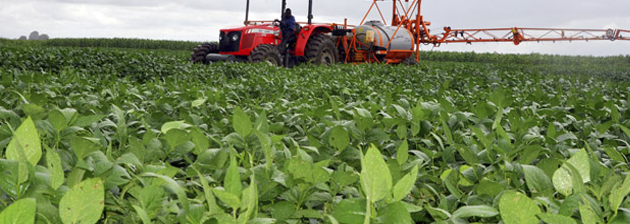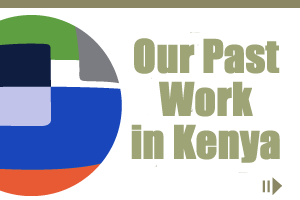Faces of starvation and carcasses of animals have been in the headlines on all Kenyan television stations and in newspapers.
Such images could be averted by improving the management of food production and distribution; by investing in research and advising farmers on their crops; by forming policies that guarantee citizens rights to access to food, amongst others.
“A small parcel of the land can feed a whole region if properly planned for. The right crops for the right type of soil coupled with the right farming methods can mean the end of starvation in any country”, says Internews Trainer Julius Kemboi.
Juilus is a Radio Trainer specialized in land & conflicts issues. He recently won a prestigious grant funded by the U.S. Department of State Bureau of Educational and Cultural Affairs together with Alex Chamwada of Royal Media Kenya.
The theme for the five weeks intensive training in the United States is “Improving Food Security by Catalyzing Communication Networks between Key Stakeholders: Linking Media, Policies, and Communities in Kenya and Uganda.”
The training is designed to assist African community leaders, media professionals and policymakers in understanding, acquiring, and practicing professional standards related to food security and provide them with American food security experience.
“The knowledge and skills that Kemboi will gain after this training is a plus to the Internews’ Land & Conflict Sensitive Journalism project, since having chunks of land and not knowing how to utilize it constructively is useless”, says trainer Tole Nyatta.
| Left: Julius Kemboi |
Kemboi is very excited to take part in the training: “I would not want to miss a single moment of the training. I will interact with all the participants and learn how they carry out farming activities to remain food sufficient in their countries. When I come back, I will educate our farmers and policy makers by training journalists, who in turn will write many articles to this effect.”, he shared.
He is expected to travel to Oklahoma State University where the training will take place from 16th September to October 23rd 2011.
“We are all very happy for Julius. To receive such a grant is meaningful. It recognizes his talent as a community media practitioner and opinion leader. Moreover, our media project which trains vernacular and community stations will benefit from this training as Julius will come back with important knowledge and skills to better articulate the role of the media in improving food security, one of Kenya’s key land-related issues” said Brice Rambaud, Internews Democracy and Governance Resident Journalism Advisor.




